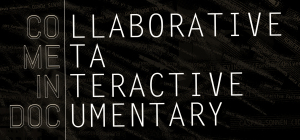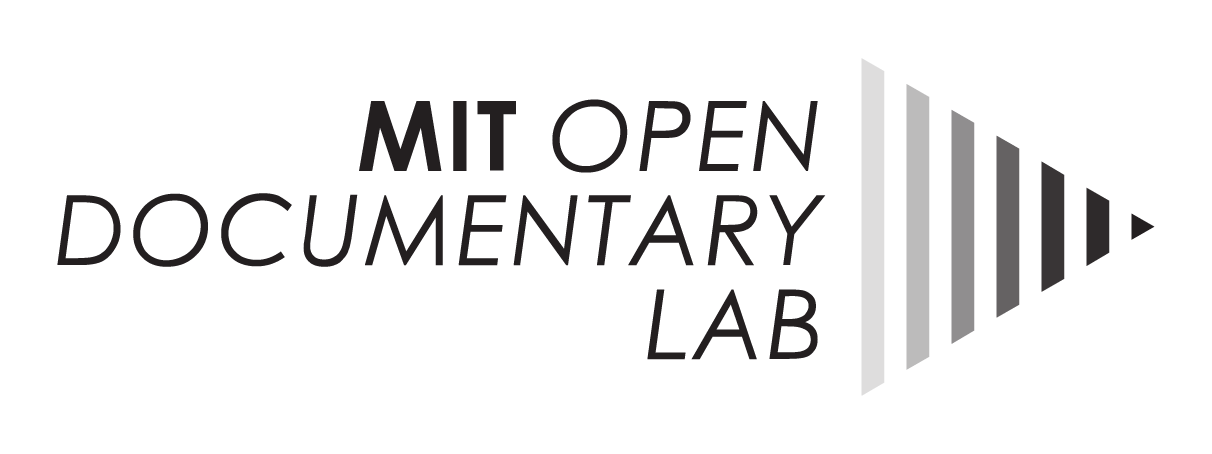
08 Mar COME/IN/DOC | Interactive Documentary Evolution [Part 3]

SEASON 1 – EPISODE 1 – PART 3: ‘INTERACTIVE DOCUMENTARY EVOLUTION’
Here you can access the third part of the first episode:
[vimeo]https://vimeo.com/156773683[/vimeo]
SELECTION OF KEY IDEAS (DIRECTOR’S CONTRIBUTION)
Nonny de la Peña (Emblematic Group): The immersive piece allows the human spirit to see the intensity of the experience, which is an experiment that hasn’t been made before.
Christopher Allen (UnionDocs): There’s a relationship between the linear and interactive form but interactive documentaries are a new format and the rules and conventions have not yet been established, and thats why this moment is so exciting…
Brenda Longfellow (Offshore): Documentary is always evolving and with the digital revolution everything has changed again. This field is so expandable and innovative…
Arnaud Dressen (Honkytonk Films): It is a necessary and interesting evolution: as humans we are creating and building tools all the time with the aim of creating new experiences.
Jean Baptiste Dumont (Where is Gary?): It’s a natural evolution especially thanks to the digital revolution and web 2.0.
Mark Atkin (Crossover Labs): Of course it is a natural evolution, but we have to take into account the world of games, because games have managed to work out interactivity.
Alexandre Brachet (Upian): I think it’s a new field that doesn’t want to replace anything.
Matt Soar (Concordia University): We now have several tools and have to consider that life is a non-linear experience. Everything is new and old at the same time…
Gerry Flahive (Modern Story): It’s a very natural evolution. I don’t think the issue is technology, the biggest challenge is a conceptual one: we need to think about interactive documentaries in a totally different way…
Sharon Daniel (University California Santa Cruz): It didn’t emerge naturally from documentary film. I believe interactive documentaries came out of digital media art practice, specifically from participatory-culture interactive art practice.
Seth Keen (RMIT University): From my personal perspective in my own research, it was a natural progression because it provided me a different kind of structure in terms of narratives and topics I wanted to portray.
Cindy Poremba (Sheridan College Institute of Technology and Advanced Learning): It is probably more than an extension, in a way necessarily. The central structure of what interactive documentary is doing is the same as the linear documentary.
The complete planning of the documentary series is as follows:
SEASON 1: DEFINITION
1.1 – Interactive documentary evolution
1.2 – The explosion of the form
1.3 – Interactive documentary definition
1.4 – Interactive documentary features
1.5 – Related factors
SEASON 2: KEY CONCEPTS
2.1 – Interactivity definition
2.2 – Collaboration definition
2.3 – Gamification
2.4 – Technology
2.5 – Education field
SEASON 3: ISSUES TO SOLVE
3.1 – New Models
3.2 – Author’s role
3.3 – Business model
SEASON 4: PLAYERS AND WORKS
4.1 – Countries
4.2 – Projects
4.3 – Final piece (key interventions)

You can access the questions that originated the four seasons and episodes in this document.
Add your contribution here: http://comeindoc.com/contribute/
Website: http://comeindoc.com
Dr. Arnau Gifreu
COME/IN/DOC Director
Research affiliate
agifreu@mit.edu



